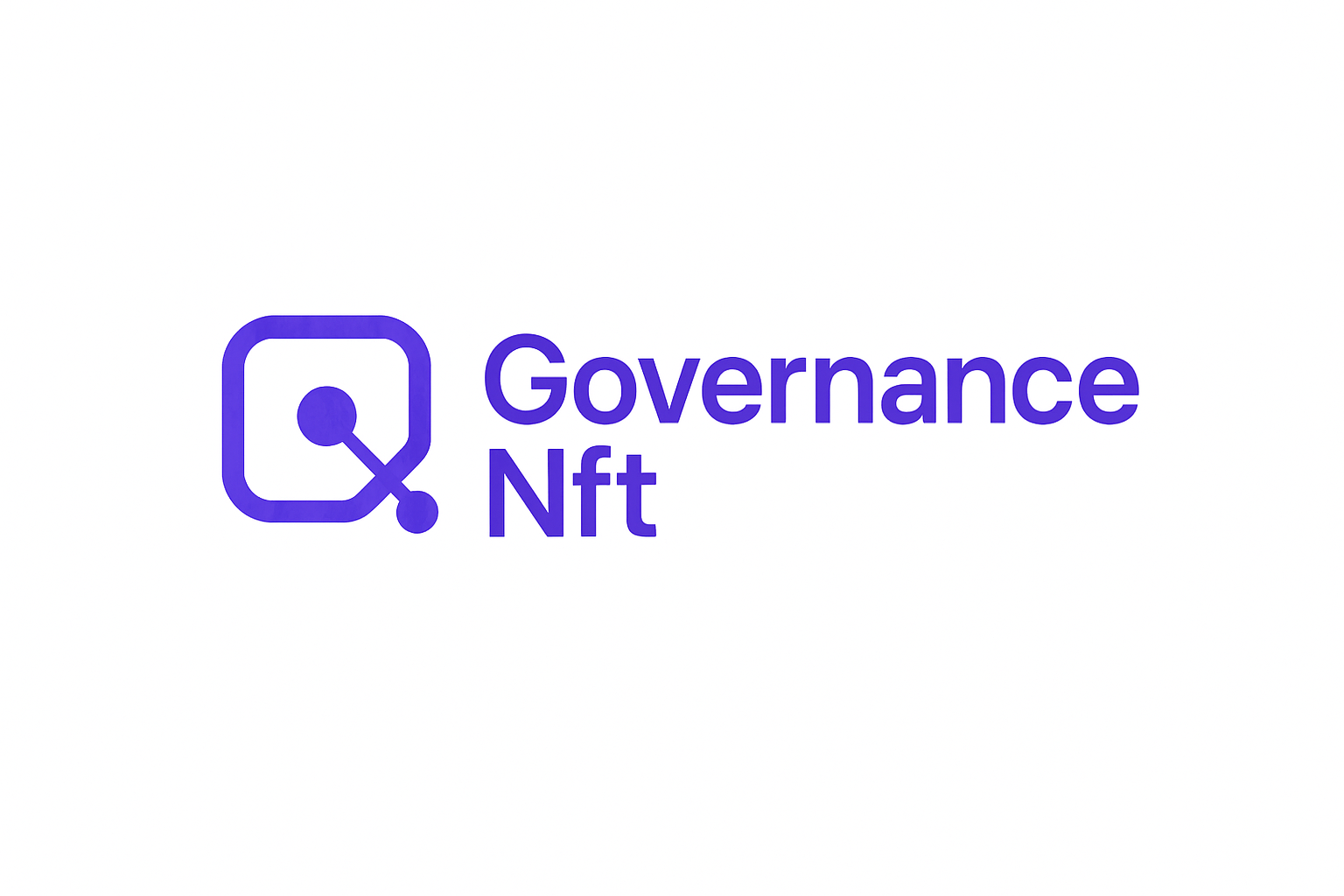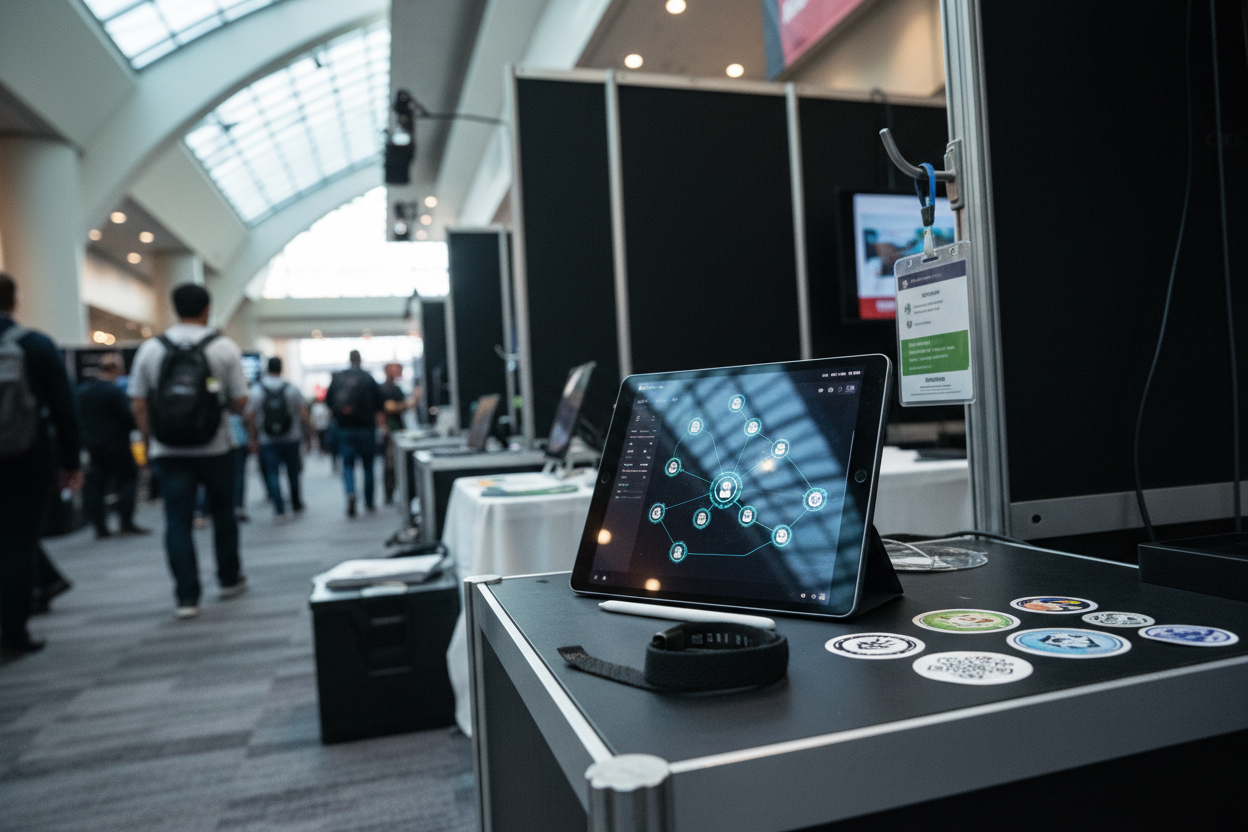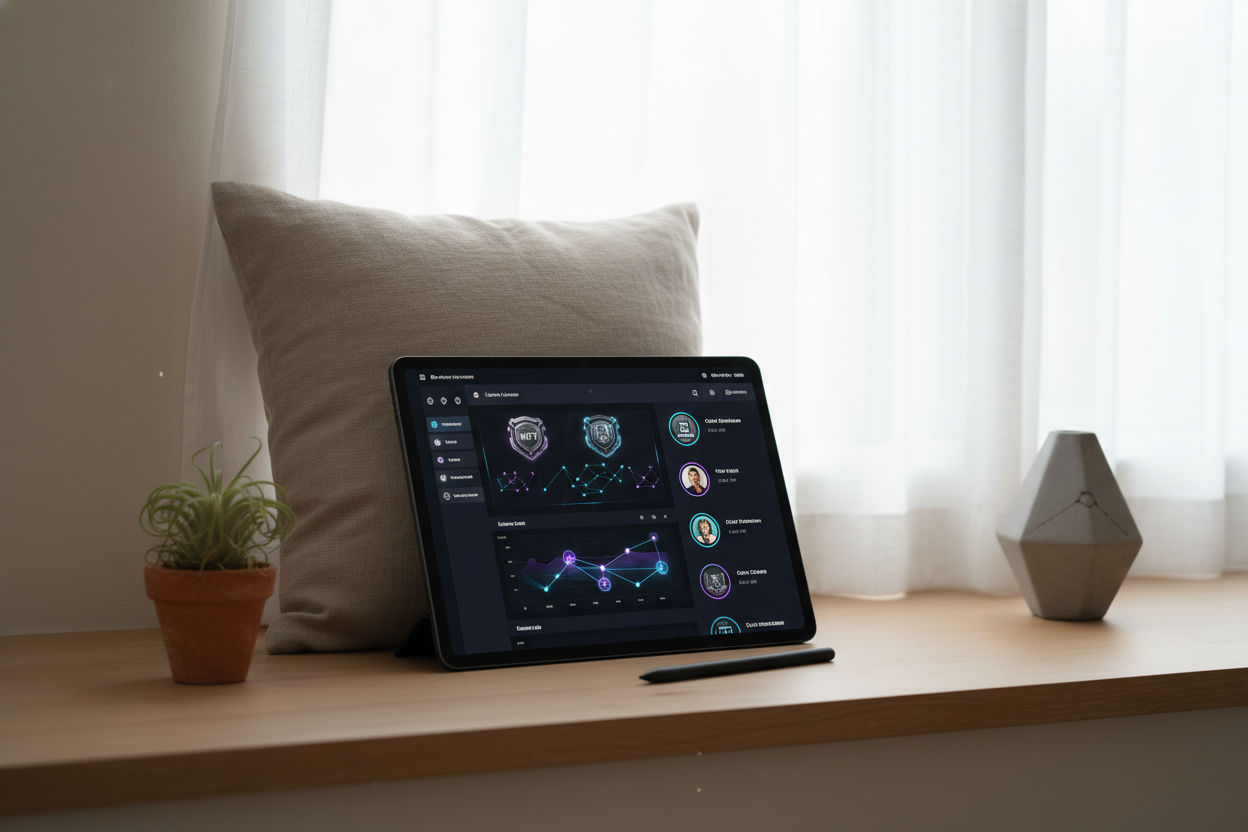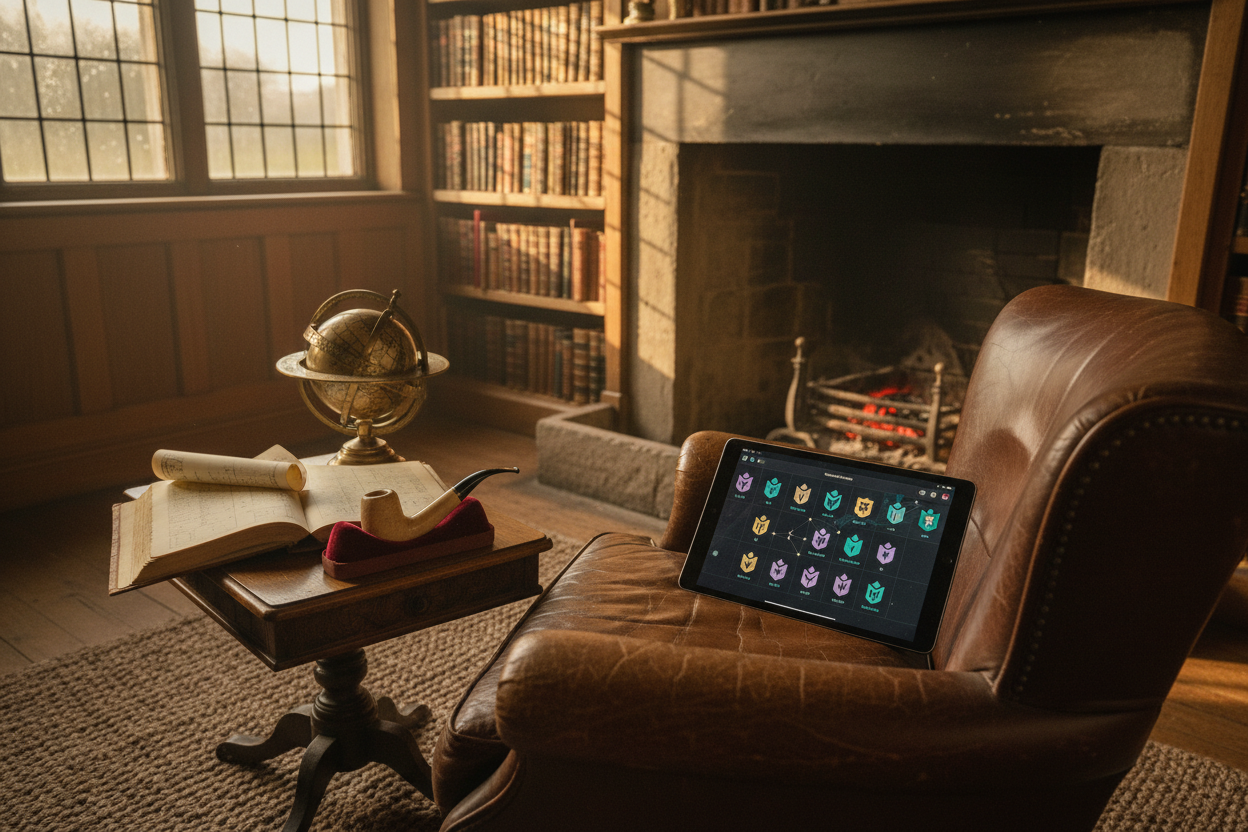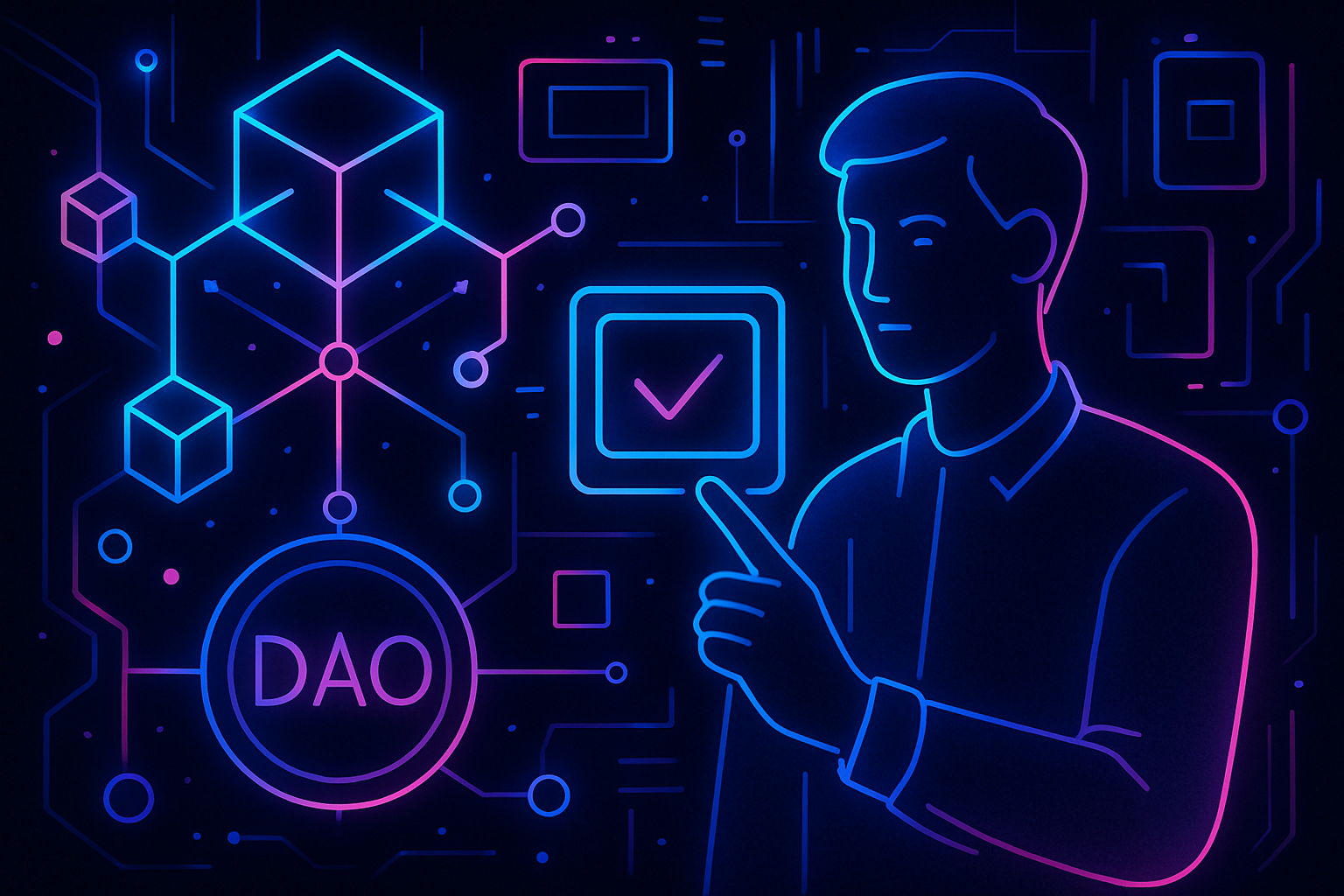
In the rapidly evolving world of decentralized organizations, verifiable NFT credentials are reshaping how we showcase DAO involvement and recognize contributions. The days of anonymous avatars and unverifiable claims are fading. Instead, blockchain-powered badges and non-transferable NFTs (Soulbound tokens) are becoming the new standard for building trust, transparency, and reputation within DAOs.

Why Verifiable NFT Credentials Matter in DAOs
Traditional organizations rely on resumes, references, or internal databases to track participation. DAOs, however, operate in a borderless, pseudonymous environment where anyone can contribute from anywhere. This makes it both essential and challenging to prove who did what, and why it matters.
NFT badges solve this problem by acting as immutable records of membership, roles, achievements, and voting rights. When a DAO issues an NFT credential to a member’s wallet, especially if it’s Soulbound, it provides public proof of that person’s involvement or expertise. These credentials are:
- Verifiable: Anyone can check the blockchain to confirm authenticity and ownership.
- Non-transferable (in the case of Soulbound NFTs): Credentials cannot be sold or traded away, ensuring integrity.
- Customizable: DAOs can tailor badges for specific roles (developer, moderator), achievements (successful proposal author), or participation milestones.
This shift isn’t just theoretical. Platforms like PNTHN, dubbed the “LinkedIn of the NFT space, ” allow members to curate their on-chain reputations across multiple projects. Similarly, Komm DAO, NumbersDAO, and open-source tools like Otterspace are pioneering innovative ways for communities to issue and manage NFT-based credentials.
The New Language of Reputation: Badges in Action
The power of verifiable NFT credentials is best illustrated through real-world examples:
DAOs Using NFT Badges for Roles and Reputation
-
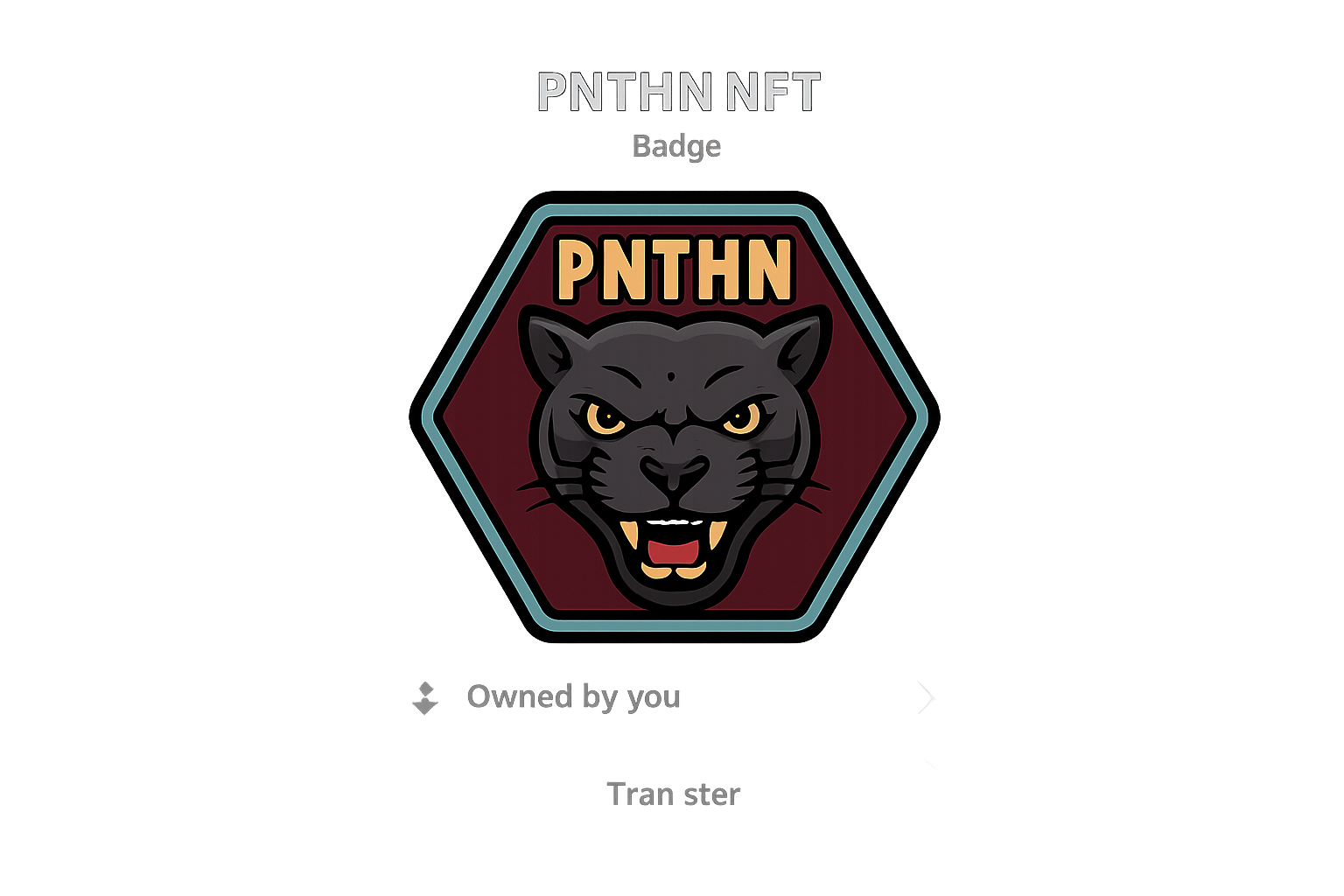
PNTHN acts as the “LinkedIn of the NFT space”, allowing DAO members to showcase their participation in NFT projects. Members receive verifiable NFT badges as proof of credibility and reputation within the community. Learn more.
-
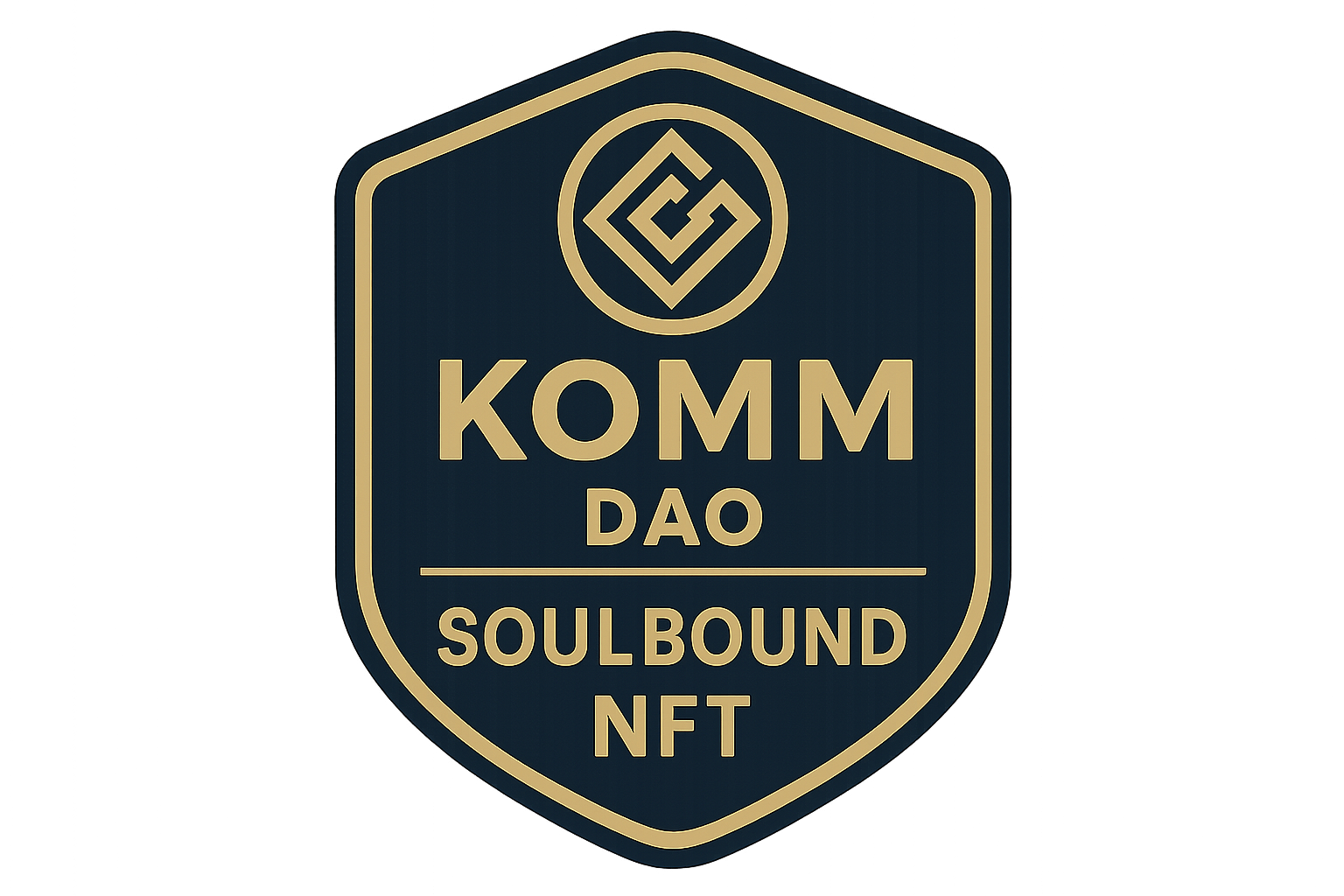
Komm DAO issues Soulbound NFTs to active contributors, representing their roles and reputations. These non-transferable tokens serve as immutable proof of expertise and commitment, granting governance rights and incentivizing positive participation. Learn more.
-
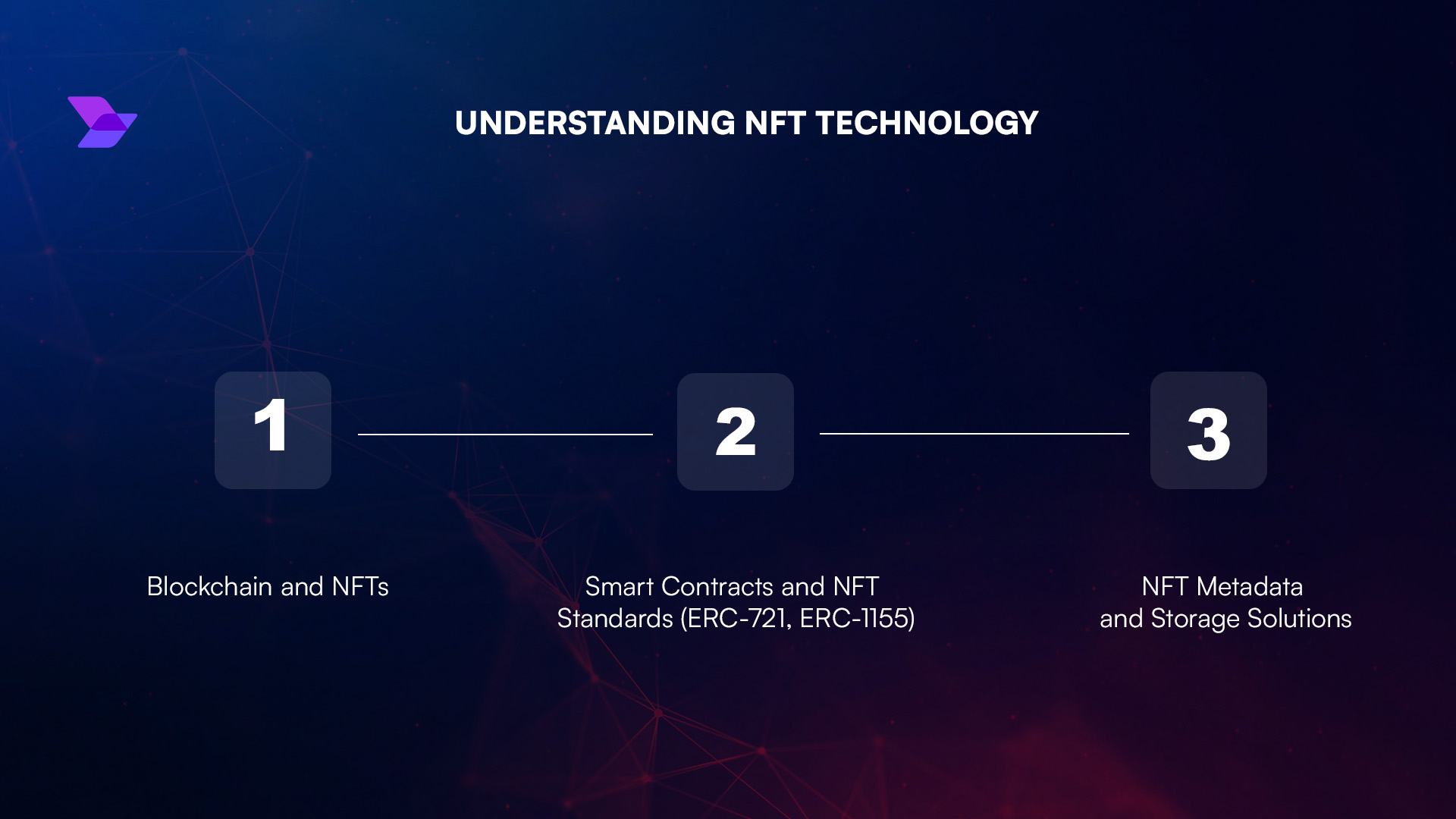
NumbersDAO requires members to hold a CAPTCH-A NFT as an official membership token. Specialized Soulbound NFTs—such as Snow, Rose, Sky, and Night—denote specific roles, ensuring credentials are permanently linked to each member. Learn more.
-
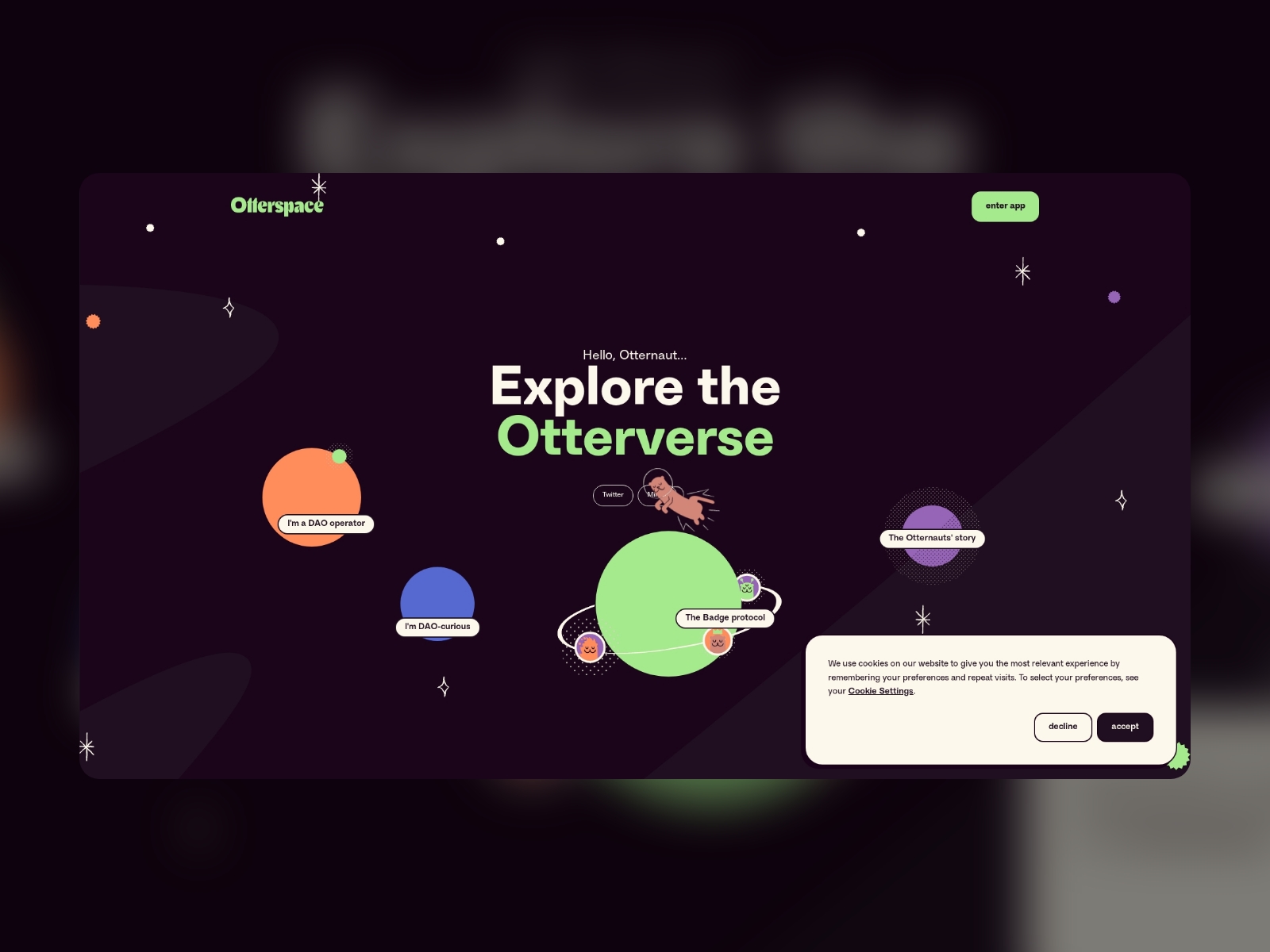
Otterspace provides open-source tools for DAOs to create and manage custom NFT badges. These badges serve as verifiable records of skills, achievements, or roles, streamlining credential verification and recognition within decentralized communities. Learn more.
PNTHN‘s model lets users collect NFTs as proof of participation in various projects, a decentralized CV that anyone can audit. In NumbersDAO, holding a CAPTCH-A Soulbound NFT is not just about access; it’s about being recognized as an official member with defined responsibilities (see more here). Komm DAO goes further by using Soulbound NFTs to confer governance rights based on actual contributions, not just token holdings.
This approach fundamentally changes incentives within DAOs. Instead of chasing speculative tokens or fleeting hype cycles, members can build enduring reputations tied directly to their work and impact within the community.
NFT Credentials: Building Blocks for Transparent Governance
The integration of verifiable credentials into DAO workflows has practical implications far beyond bragging rights:
- Streamlined Onboarding: New members can instantly verify others’ skills or histories before collaborating, no need for off-chain vetting.
- Transparent Voting and Delegation: Voting power can be assigned based on provable expertise or prior contributions rather than pure token weight.
- Awarding Achievements: Special badges can recognize everything from bug bounties solved to landmark proposals passed, publicly motivating continued engagement.
- Ecosystem Portability: Members carry their reputational capital between projects; your Otterspace badge from one DAO might open doors in another.
This evolution is making decentralized organizations more accessible, and more accountable, than ever before.
